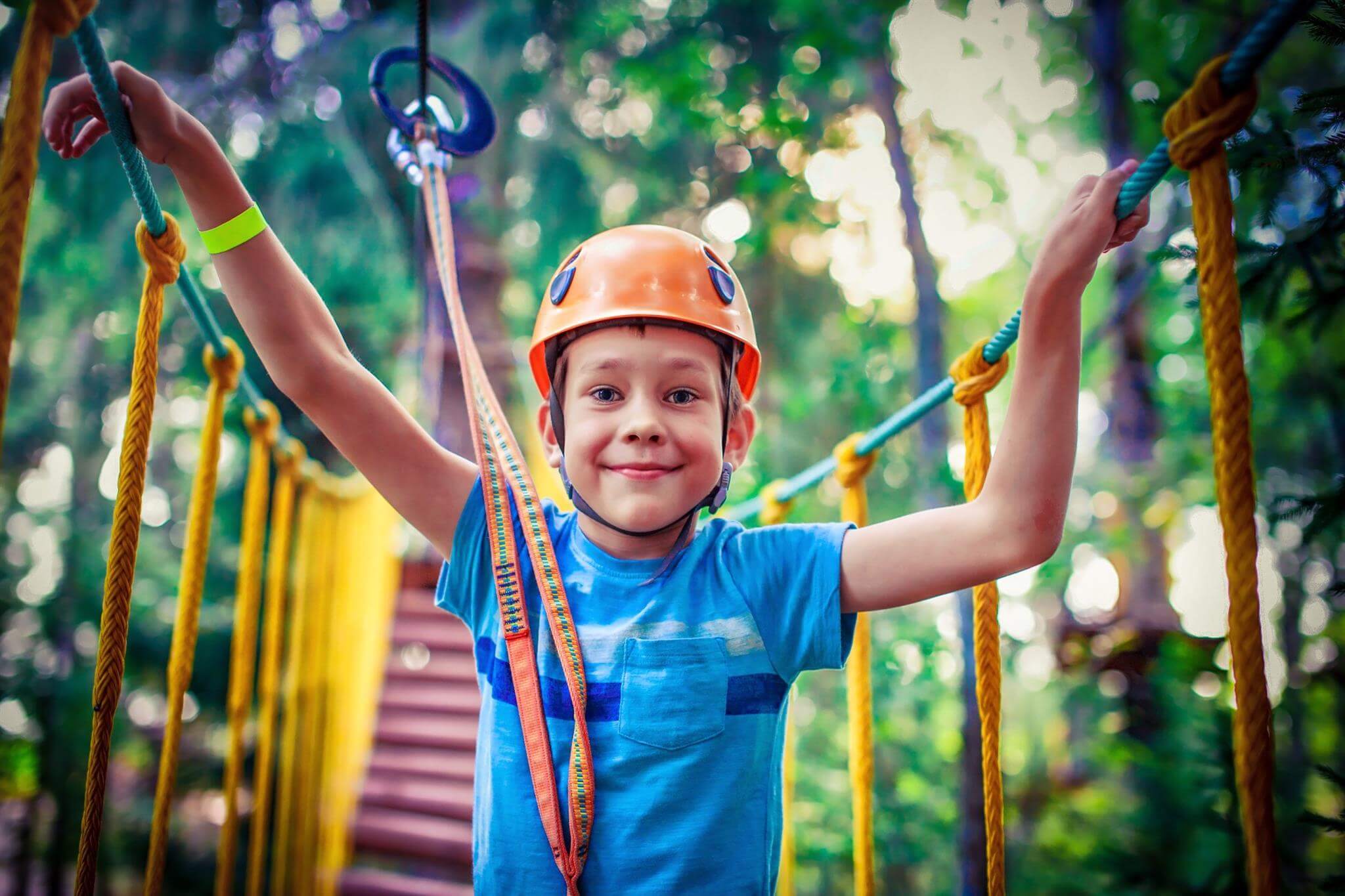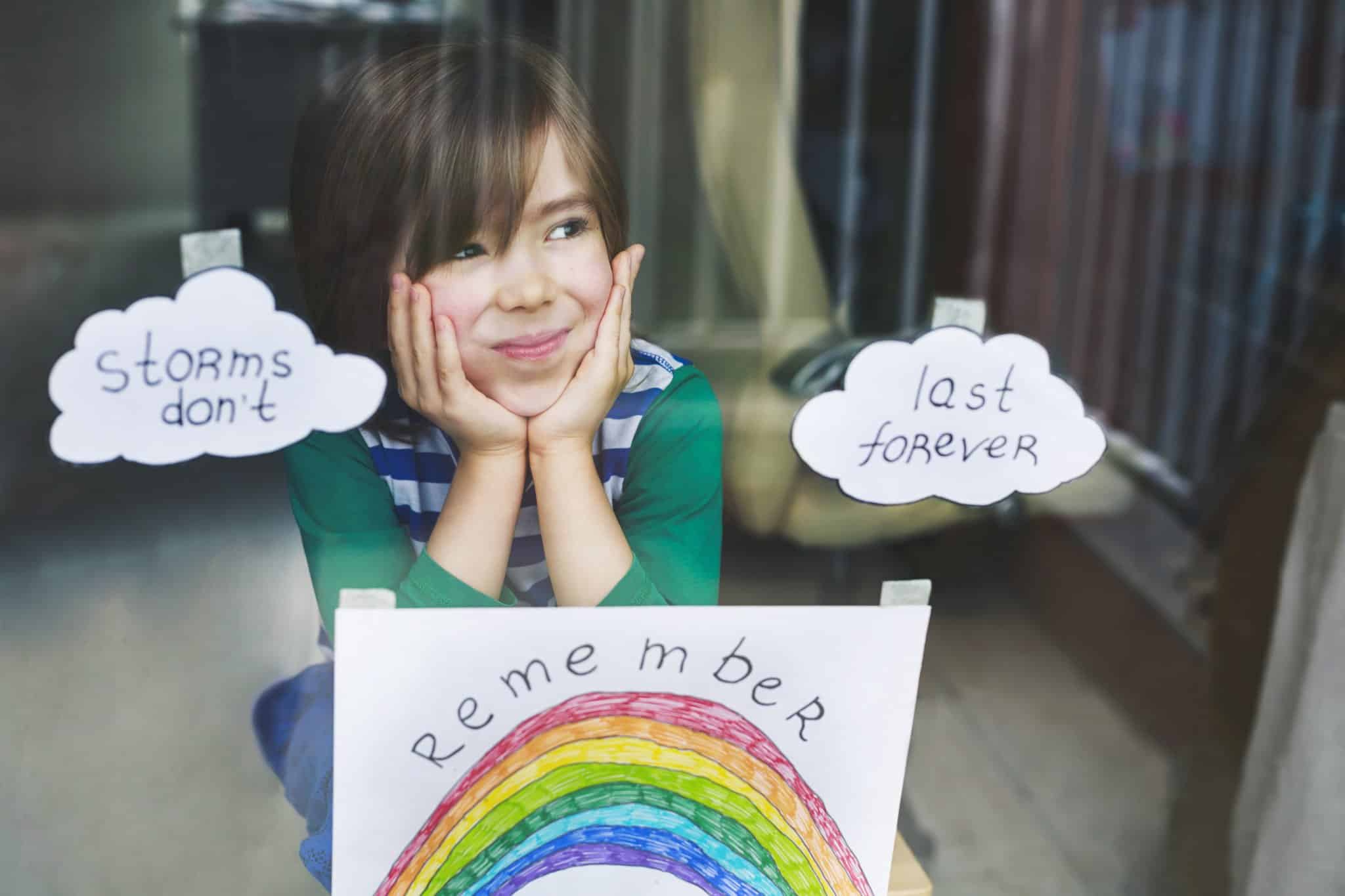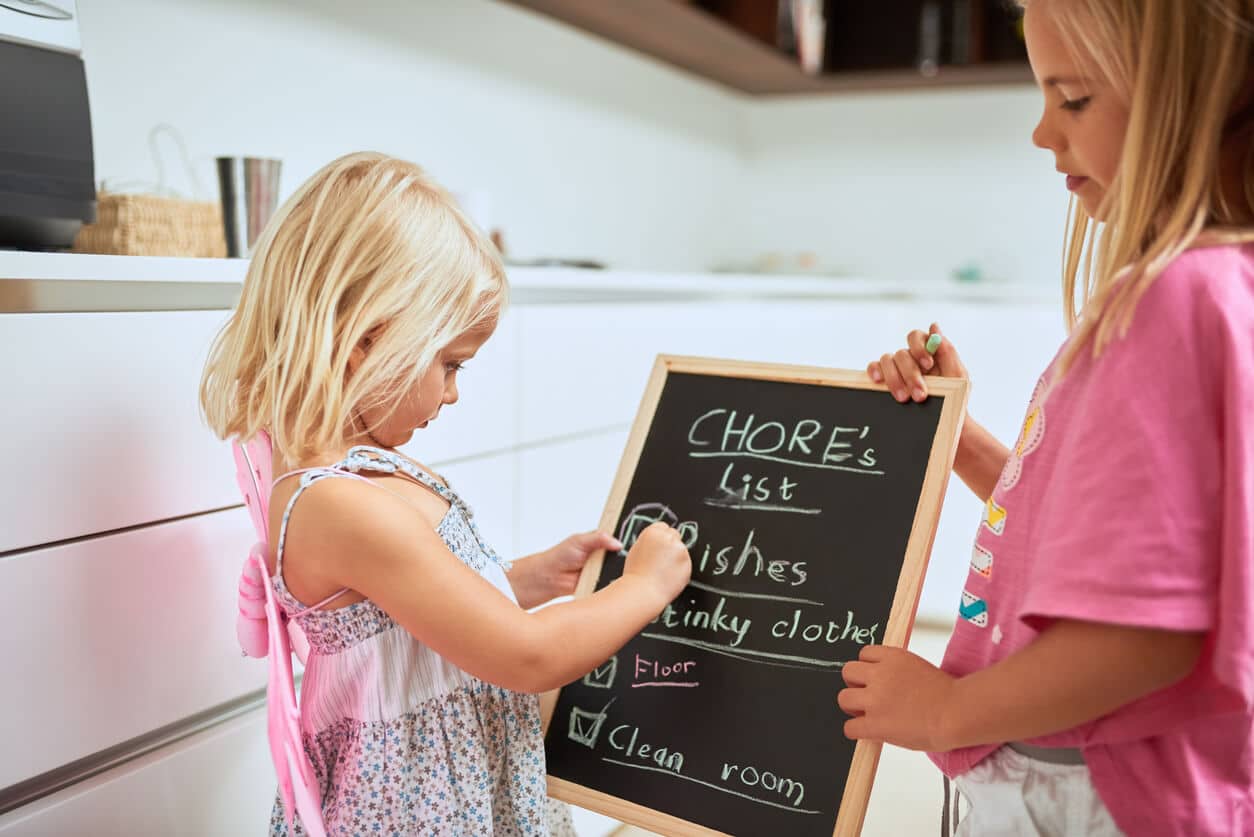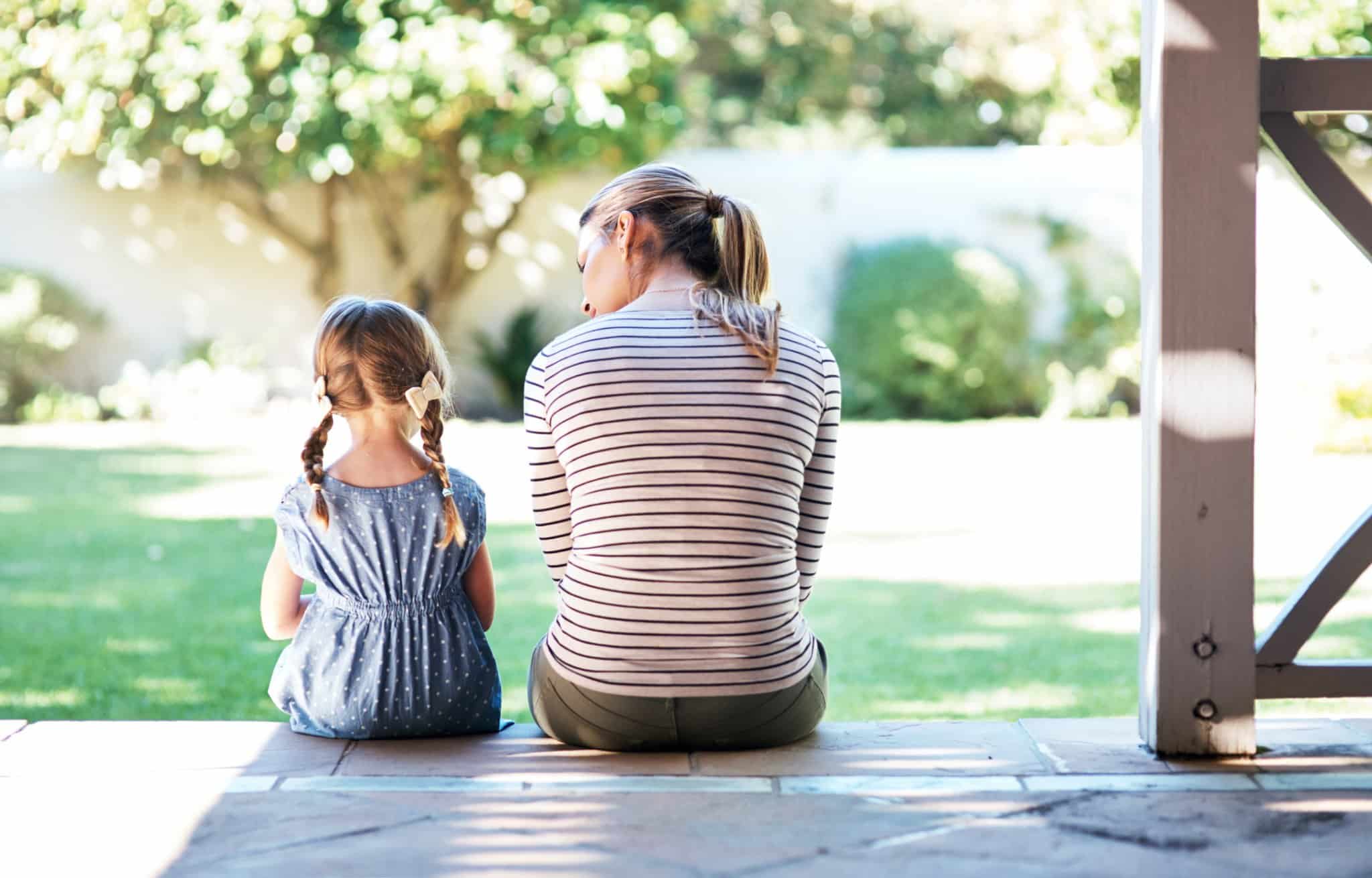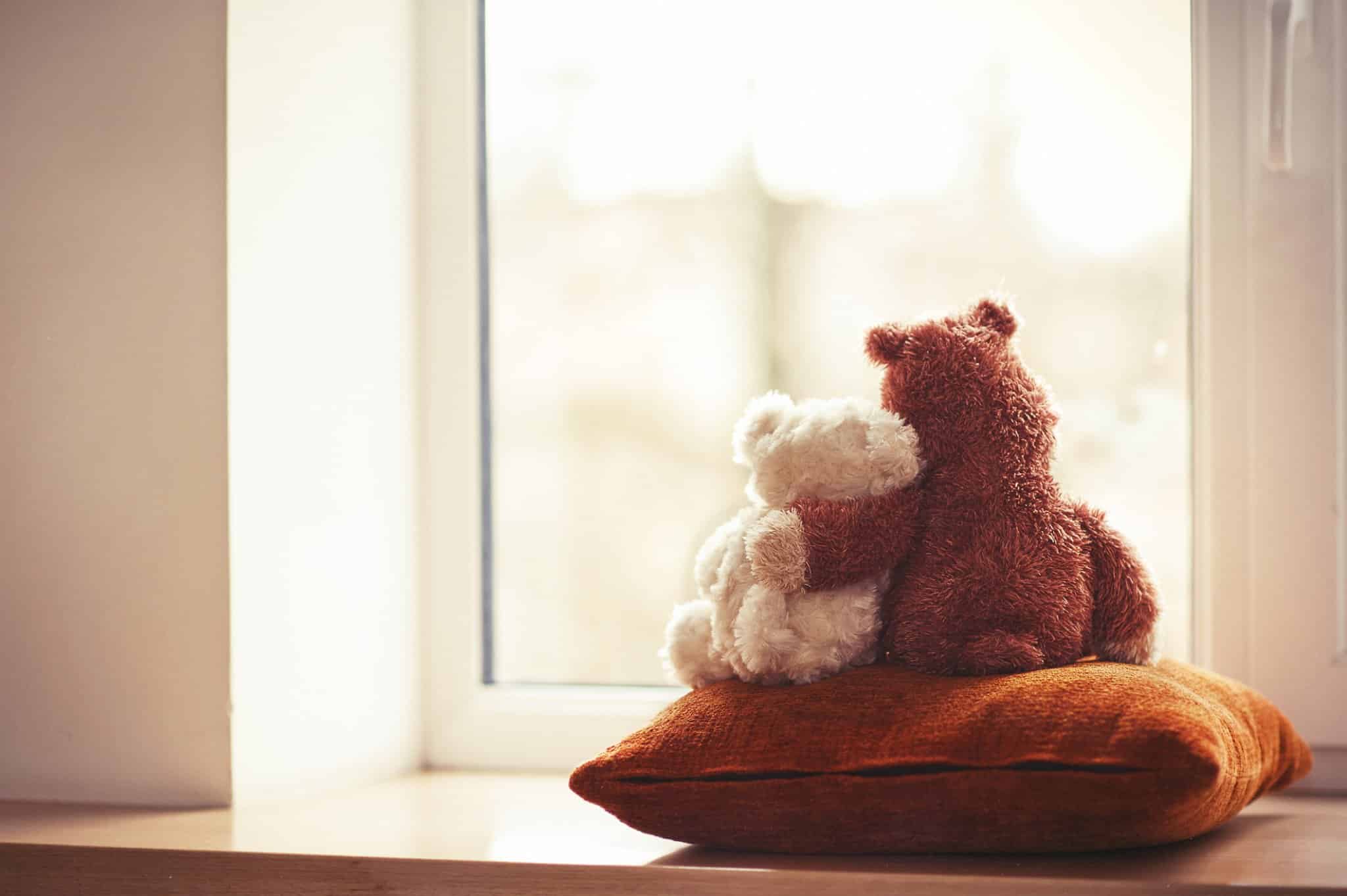Resilience is an important trait for all of us, and an essential one for our children to develop. We know that resilience creates happier, less stressed children wherever they are – whether it’s at home, school, before and after school care or attending school holiday programs. Having a whole lot of resilience can only be a good thing!
What is resilience?
When we talk about resilience we mean a person’s ability to cope with the ups and downs of life. For children it also encompasses how they deal with the challenges they might face throughout their childhood. This could mean dealing with events like a death in the family, moving to a new school or starting out at a new school holiday program.
Why is resilience important?
Resilience is important mostly for our mental health. It’s a life skill we take with us into adulthood. It is thought that the more resilient a person is, the less they experience stress as they are equipped to deal with life’s pressures.
Building resilience in children helps them to overcome obstacles more easily and reduces the chances of them suffering from anxiety or other stress-related disorders.
How do you develop resilience in your child?
Resilience is shaped in part by a child’s upbringing and culture but can also be taught through the development of social skills. Adults can help to promote the building of resilience by role modelling coping skills, teaching problem-solving and assisting kids to solve their own problems when they arise.
School staff and parents play an important role in building resilience in children. Kids are more likely to be resilient when there are supports around them from school, family or community. A close network is often built around children who attend before and after school care, giving them more opportunity to create relationships and build resilience too.
It’s become a bit of a ‘buzz’ word but building resilience in children is important. You can help by modelling problem solving and helping to build your child’s self-esteem. While we want our kids to be as resilient as possible, make sure they know that asking for help is okay too.
Resilience is shaped in part by a child’s upbringing and culture but can also be taught through the development of social skills. Adults can help to promote the building of resilience by role modelling coping skills, teaching problem-solving and assisting kids to solve their own problems when they arise.
School staff and parents play an important role in building resilience in children. Kids are more likely to be resilient when there are supports around them from school, family or community. A close network is often built around children who attend before and after school care, giving them more opportunity to create relationships and build resilience too.
It’s become a bit of a ‘buzz’ word but building resilience in children is important. You can help by modelling problem solving and helping to build your child’s self-esteem. While we want our kids to be as resilient as possible, make sure they know that asking for help is okay too.
